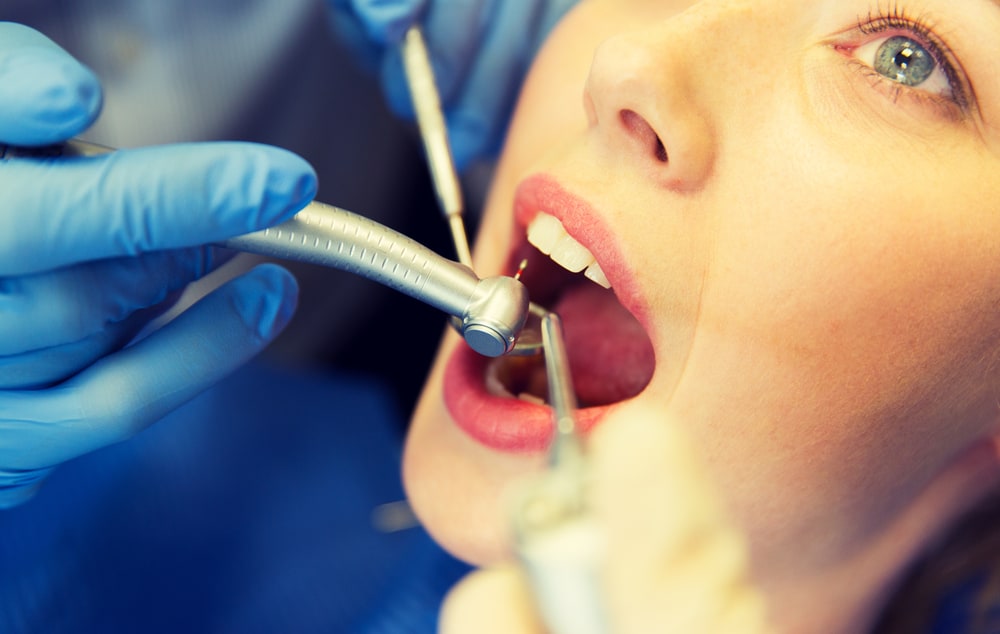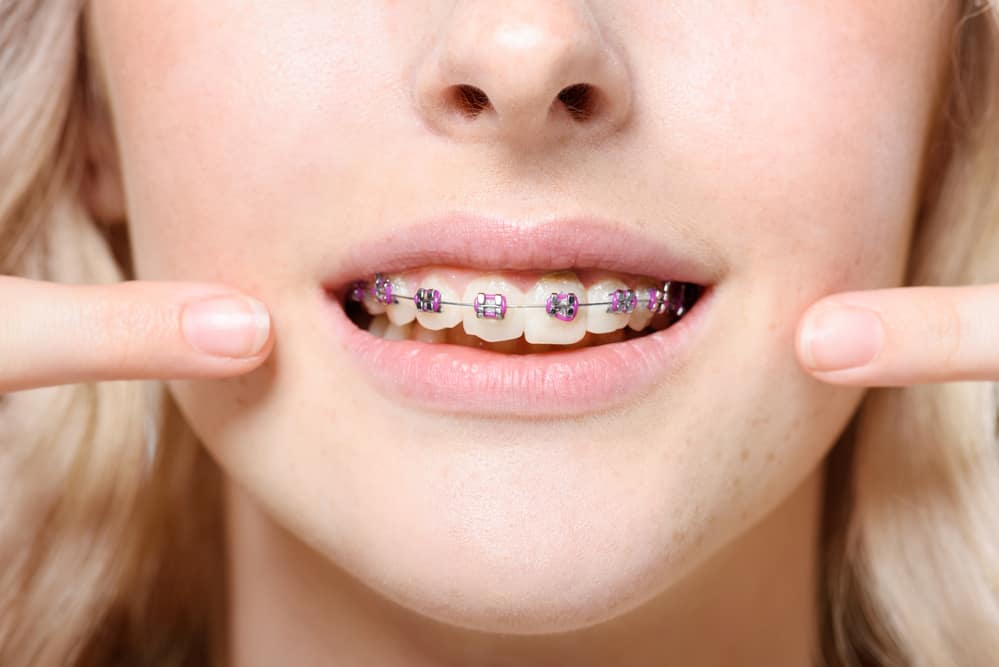Dental check-ups are an essential part of maintaining overall oral health. Regular check-ups allow for the early detection of any problems in the mouth, such as cavities or gum disease. It is essential to understand the length of time that a dental check-up may take so that patients can properly plan for their appointment.
This article will discuss the different lengths of time associated with a dental check-up and the factors that may affect the appointment length. Additionally, tips will be provided to ensure a quick appointment and to reduce dental anxiety.
Preparing For Your Appointment
Preparation for a dental check-up involves clearly understanding what to expect during the appointment and ensuring all necessary materials for the appointment are available.
Dental check-ups are essential for maintaining good oral health. During a dental check-up, a dentist will typically examine your mouth for signs of tooth decay, plaque buildup, or gum disease. They may also take X-rays to assess any potential dental problems.
Additionally, they may provide a cleaning and dental treatment plan to address any concerns they discover. Regular dental check-ups are essential for detecting and preventing tooth decay, gum disease, and other dental issues.
Having the necessary materials for your appointment, such as your medical history, a list of any medications you are taking, and your insurance information. Having all this information readily available can help ensure that your appointment goes as smoothly as possible.
What to Expect During a Dental Check-Up
Undergoing Nevertheless, During a dental check-up can be intimidating, yet understanding what to expect can help alleviate any trepidation.
During a regular dental check-up, a dentist or dental hygienist will conduct an oral examination, assess any concerns, and provide preventive care.
During the dental visit, the patient will sit in the dental chair, and the dentist or hygienist will use specialized tools to examine the teeth, gums, and mouth for signs of gum disease or other potential issues.
The dentist or hygienist may also take X-rays to help find any problems not visible to the naked eye.
At the end of the dental check-up, the dentist or hygienist will review the findings and recommend any necessary treatments or preventive measures.
It is essential to understand that a dental check-up is vital in maintaining oral health and promoting overall wellness.
Regular dental check-ups can help identify and address any potential issues before they become serious.
Therefore, visiting the dentist at least twice a year for a comprehensive oral examination is essential.
Being aware of what to expect during a dental check-up makes patients feel more comfortable and confident when visiting the dentist.
The Length of Time for Different Check-Ups
The duration of a dental check-up can vary depending on the oral examination scope; like a snowball rolling down a hill, the more extended and comprehensive the dental examination, the more time it will take.
Generally, a routine dental check-up takes between 30 minutes to an hour. This includes thoroughly examining the teeth and mouth and a cleaning process called oral prophylaxis.
The dentist will look for signs of decay, gum disease, or other oral health issues during a routine check-up. They will also take the time to discuss oral hygiene habits and how to prevent tooth decay.
More comprehensive check-ups may take longer, such as those for children or those who have not had a dental check-up in a while. The dentist will need more time to examine the teeth and gums and discuss the patient’s dental health history.
Regular dental cleanings are important for maintaining good oral health, so it is important to get a dental check-up.
Factors That May Affect the Length of Your Appointment
When scheduling a dental appointment, some factors can influence the duration of the visit.
Oral health is a major factor in determining the length of a dental check-up. Poor oral health can lead to tooth loss and other dental issues that require more time and attention. Additionally, tartar buildup or bacterial infection could increase the time needed for the appointment. Furthermore, the appointment may take longer to complete if more invasive procedures are needed.
Healthy teeth and gums are essential for reducing the risk factors associated with a dental check-up. Therefore, routine dental check-ups are necessary for maintaining good oral health.
During a check-up, the dentist will conduct an examination and cleaning, which can help to identify any potential dental issues that may require further attention. The length of the appointment will depend on the condition of the patient’s teeth and gums.
Tips to Ensure a Quick Appointment
Maximizing efficiency and minimizing wait times are essential for dental appointments. There are several things that patients can do to ensure a quick appointment and keep their teeth healthy.
The first is to keep an accurate, up-to-date medical history on hand so that the dental professional can quickly assess the patient’s needs. This should include any current medications and any changes in health that may have occurred since the last visit.
Secondly, ensuring the mouth is clean before the appointment is important. This includes removing any sticky layer of plaque from the teeth, brushing and flossing thoroughly, and using mouthwash to reduce bad breath and dry mouth.
Lastly, pregnant women should inform the dental professional of their condition so that extra precautions, such as fluoride treatments or oral cancer screenings, can be taken.
By following these tips, patients can help to ensure that their dental appointment goes smoothly and that their teeth remain healthy and strong.
Reducing Dental Anxiety
For many, dental appointments can be a source of anxiety; however, some strategies can help reduce this feeling.
Implementing a regular oral hygiene routine and scheduling a regular dental checkup is essential for reducing the anxiety associated with a dental appointment.
Practising good oral hygiene habits such as brushing and flossing twice a day and scheduling regular hygiene appointments can help to reduce tooth decay, which is one of the main causes of anxiety during a dental checkup.
Additionally, it is essential to stay informed on the basics of a dental check-up, which generally includes a check for tooth decay, a dental cleaning, and a discussion of any additional hygiene suggestions.
Being aware of what to expect can help to reduce dental anxiety.
Taking the time to care for your teeth and gums properly and staying informed on the basics of a dental check-up can help to reduce the anxiety associated with a dental appointment.
Key Takeaways
A dental check-up is an essential part of maintaining healthy teeth and gums.
It is essential to adequately prepare for each appointment and understand what will be expected during the check-up.
Generally, a check-up may take up to an hour, although this can vary depending on the individual’s condition and the type of check-up.
Various factors can affect the appointment length, and some steps can be taken to ensure the appointment goes as quickly and smoothly as possible.
Time is of the essence, and it is essential to ensure that your dental appointments are completed on time.
Like a ticking clock, each dental check-up is unique and should be treated as such to ensure the best possible outcome.
At Western Sydney Smiles, we understand the importance of a dental check-up. Our experienced dentist in St Marys are ready to help you achieve optimal oral health. Visit us today at our St. Marys, NSW location and let us help you with your dental check-up and other oral health needs. With our commitment to quality care, you can be sure you’ll get the best possible results.







